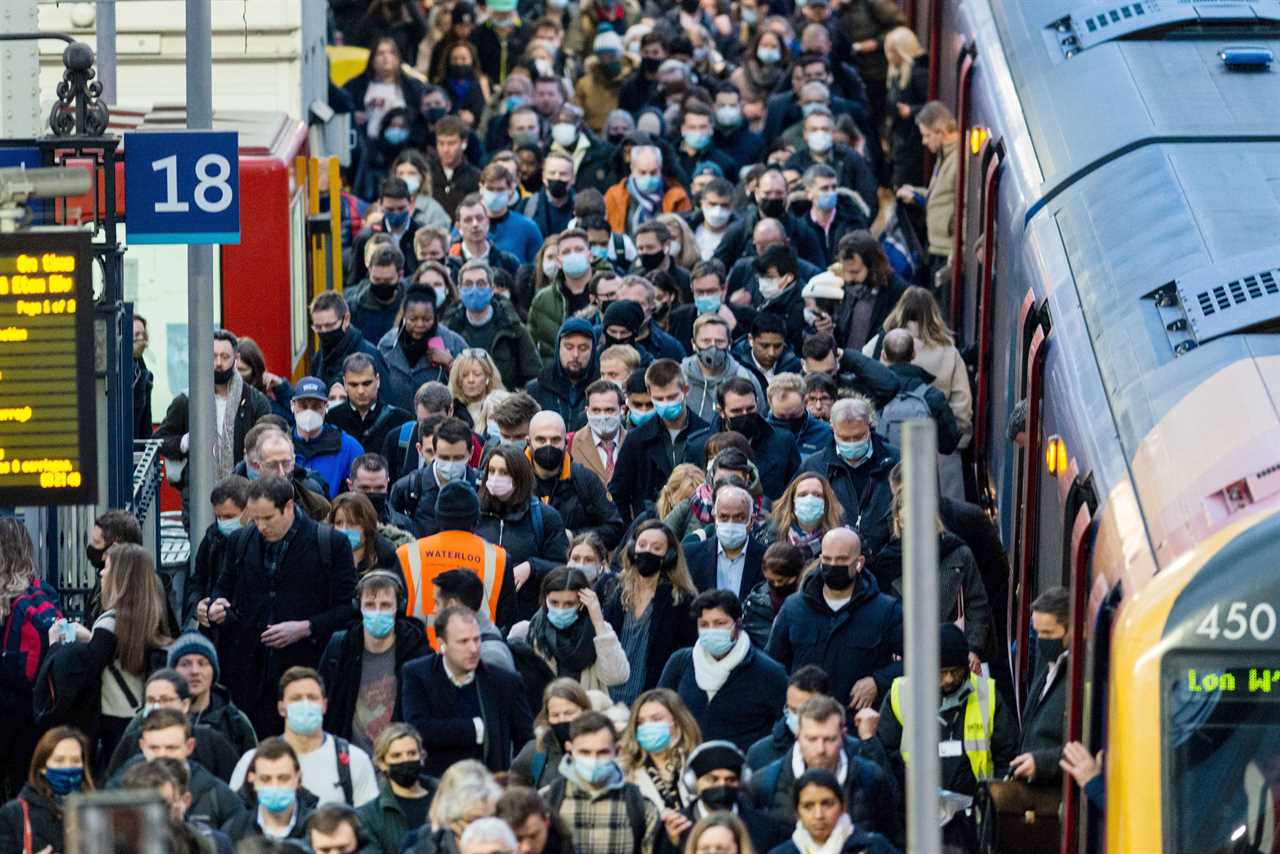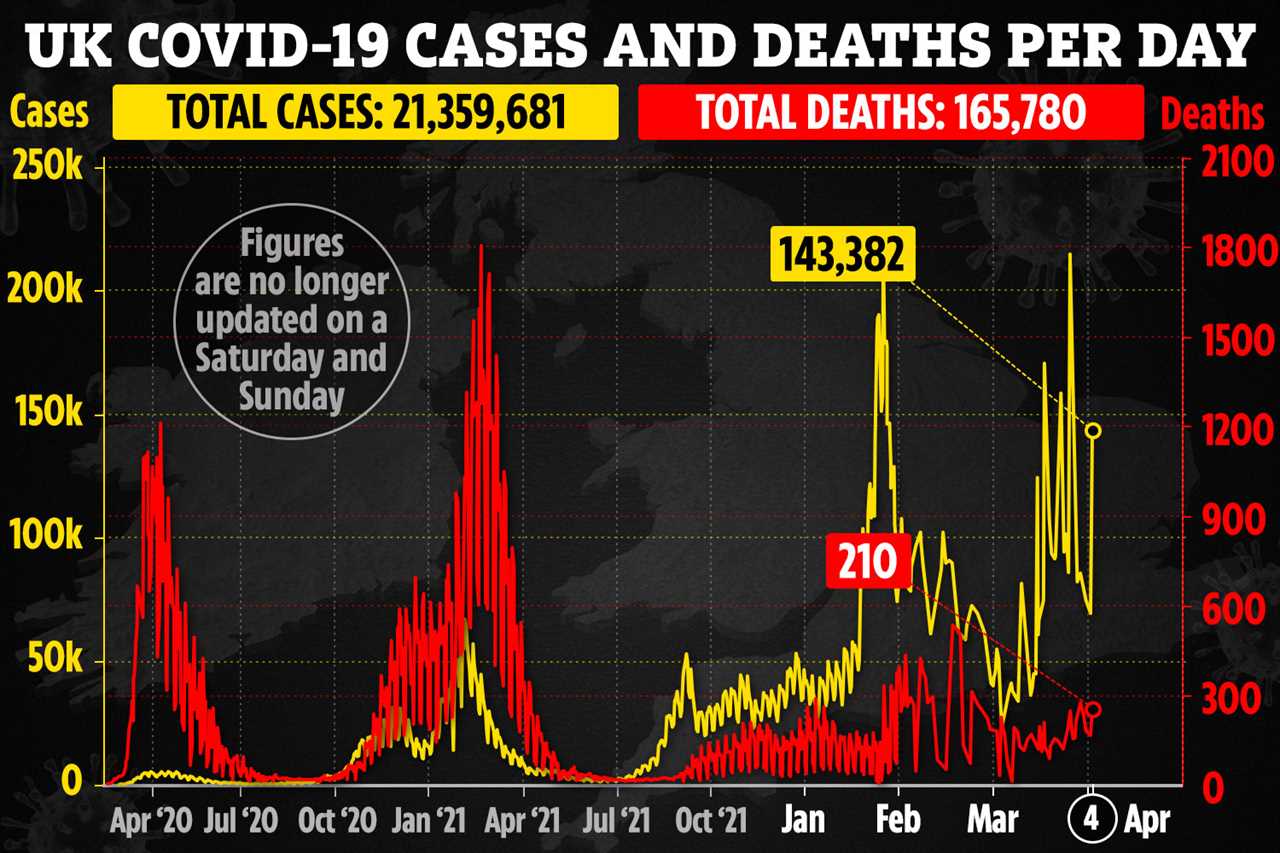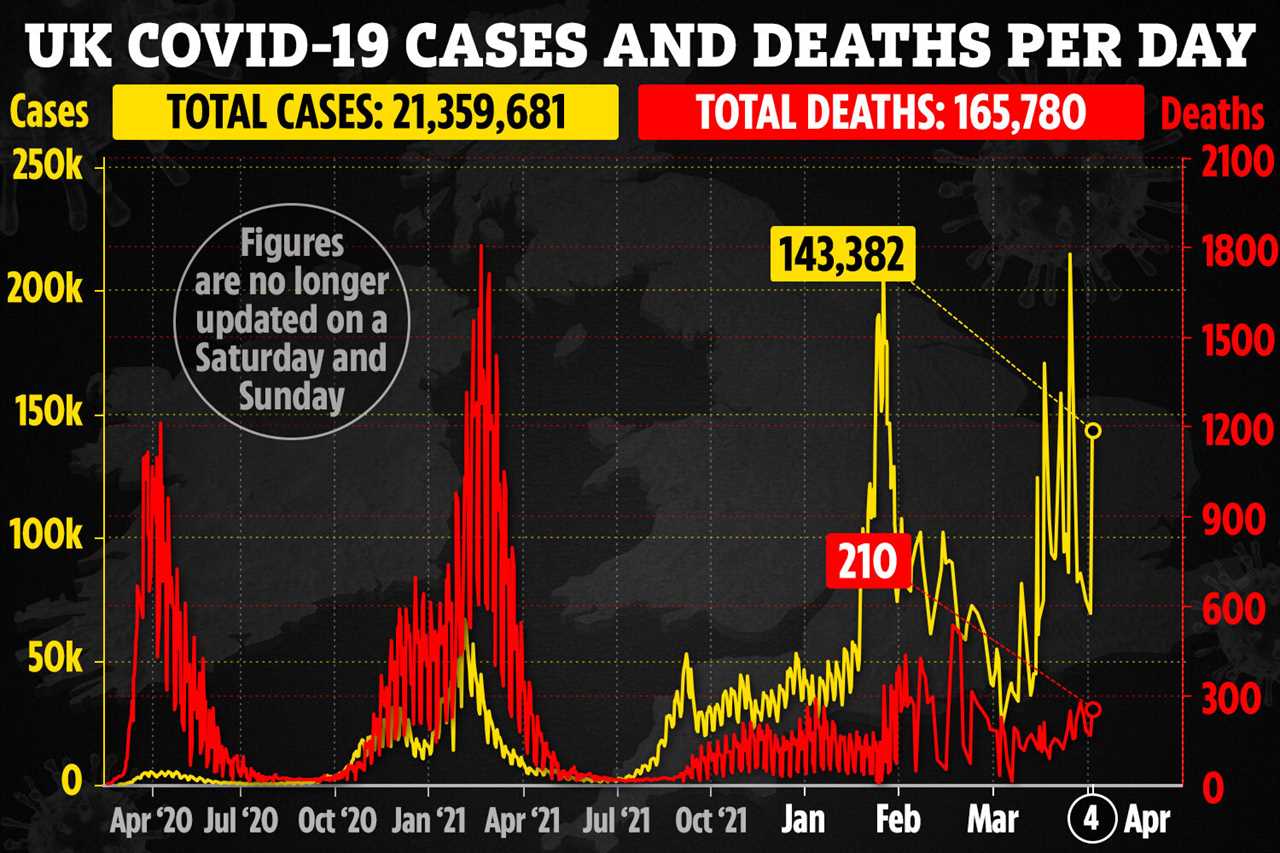THE full list of official Covid symptoms has been expanded this week.
As free testing ends there are now 12 signs you might have the virus on the NHS website.

Up until last week there had only been three – a persistent cough, fever and loss of taste or smell.
But after free Covid tests for most people were scrapped on Friday, the list has been updated to include symptoms of a more classic respiratory illness.
The NHS website says: “The symptoms are very similar to symptoms of other illnesses, such as colds and flu.”
Read more on Covid
Potential symptoms now include:
- Shortness of breath
- Feeling tired or exhausted
- An aching body
- A headache
- A sore throat
- A blocked or runny nose
- Loss of appetite
- Diarrhoea
- Feeling sick or being sick
- Fever
- Cough
- Loss or change to sense of smell or taste
Since the arrival of milder variants, which aren’t causing as severe illness in most people, symptoms have shifted.
People who have caught the virus recently instead report more cold and flu-like symptoms.
Things like joint pain, brain fog and ringing ears have also been noted by Brits logging their symptoms in the ZOE Covid tracker.
Instead of getting tested if you think you have any symptoms, the Government now encourages people to stay at home and avoid others.
Previously Brits were told to avoid people for around ten days if ill, but from this has been changed to five.
This is because it is likely you are most infectious within the first five days of being ill.
Children and young people who are ill and have a high temperature should stay at home and avoid contact with others if they can.
They can go back to school, college or childcare when they don’t have a fever and are well enough.
If you would like to know for sure if you are infected, you can simply buy a kit from around £1 for a single, or £10 for a pack of five from pharmacies.

Anyone who has tested positive for Covid is now advised to stay at home and avoid contact with people for five days.
Those needing to leave home will be told to avoid close contact with vulnerable people, wear a face mask and avoid crowded spaces, such as rush hour trains.
The recent rise in infections is largely due to BA.2, Omicron’s subvariant, which is much better at getting around immunity and spreads faster.
Crucially, however, it has not caused a substantial increase in patients in hospital.
For the most part, people will recover after a few days at home feeling unwell.
Read More on Trending In The News
This is due to the vaccine severing the link between cases and severe illness.
It means the bug can be treated like any other respiratory illness, ministers say.











